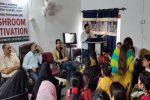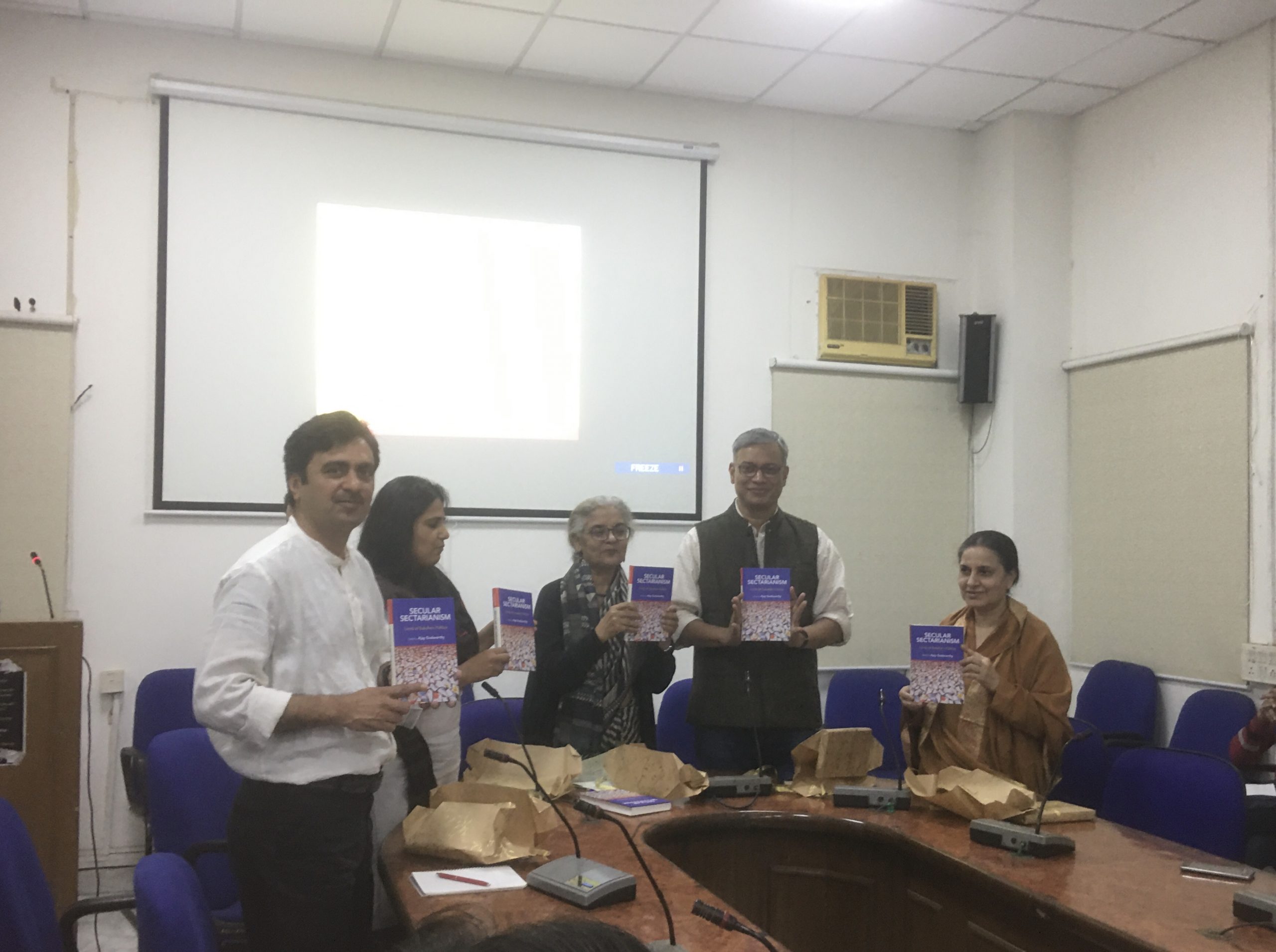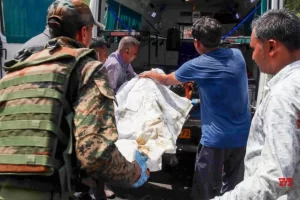The recent literature titled, “Secular Sectarianism: Limits of Subaltern Politics” by Prof Ajay Gudavarthy has been released on Nov 15 with the presence of many imminent intellectuals named, Prof Zoya Hasan (Professor Emerita, JNU and Political Scientist), Dwaipayan Bhattacharya, (Professor, Centre for Political Studies, JNU), Manisha Sethi, (Associate Professor, Jamia Millia Islamia University), and Gurpreet Mahajan (Professor, Centre for Political Studies, JNU), The book has been released at SSS1 Committee room, JNU.
Following the panel discussion, Zoya Hasan remarked that, as per my understanding the book raises four issue. The idea of trusting, Social hierarchy, Political Mobilization, question of agency and the rise of right wing politics. She argued that, Politics of Social Justice needs interrogation. Further, why the mandal and dalit politics given a way to majoritarianism? Moreover, Social justice in south India driven from below. Women’s group are also witnessed. How to translate civil society initiative? It will be debated thoroughly.
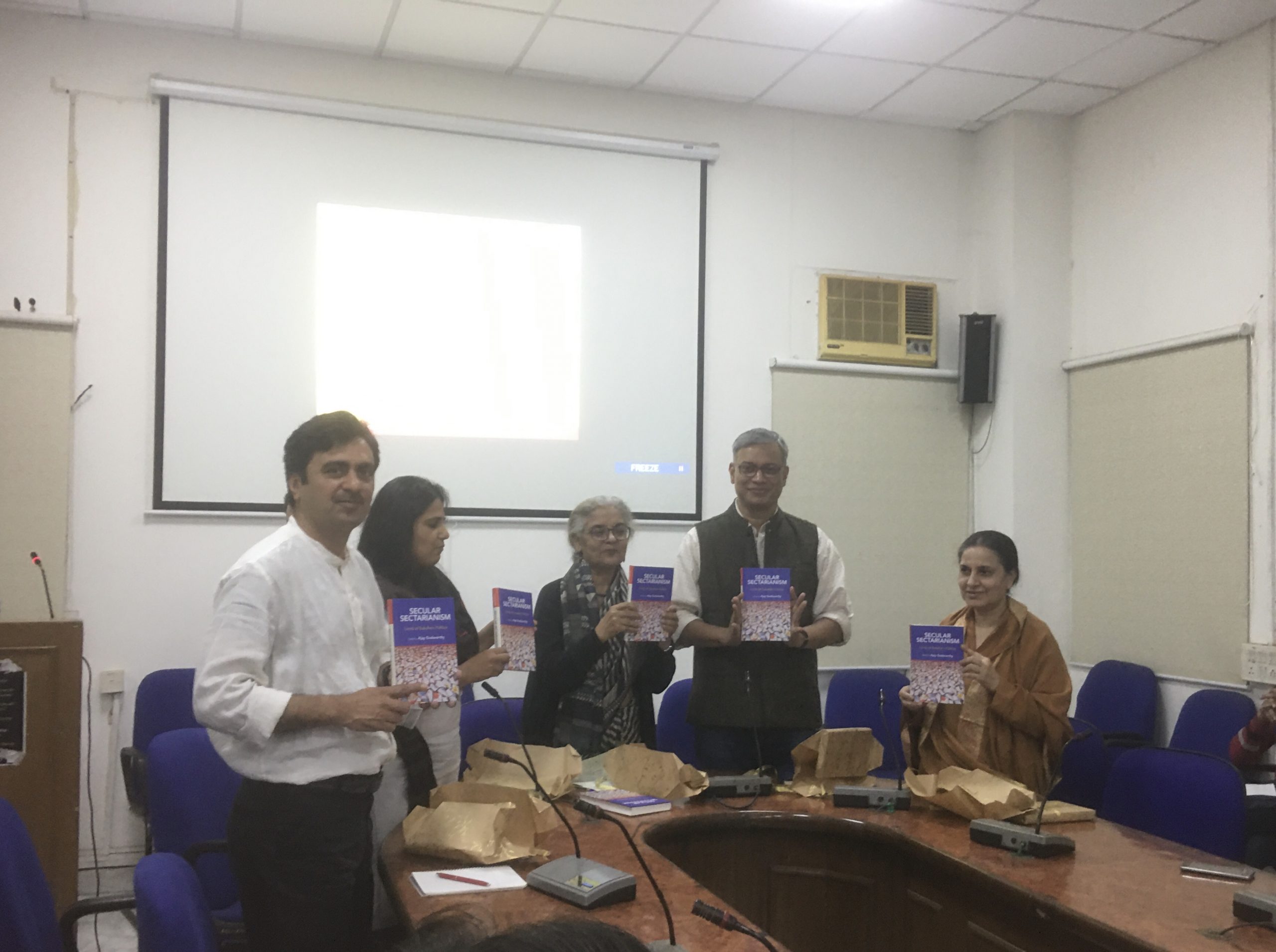
Responding to Prof Zoya hasan; Prof Ajay Gudavarthy, The author of book, rejected the idea of Zoya Hasan and added that, “It contains certain locality and it’s an attempt to ‘Name’ some discourse around the same idea”. Further, the “fraternity of values” is not possible to build a constitutional provision, The Author of book remarked. However, The book provides a new insight to know the very issues such as marginalized groups-Dalits, tribals, OBCs, Muslims, women and the Left.
Significantly, The concerned book is a preliminary conflicts that has been left under theorize and problematize this terrain of “Intra-subaltern” conflicts that has been left under-theorized in much of social science in India, amongst other reasons, for want of relevant social categories and the tyranny of political correctness. Voice from below and those representing such voices have remained steadfastly selective, if not attempting an erasure.
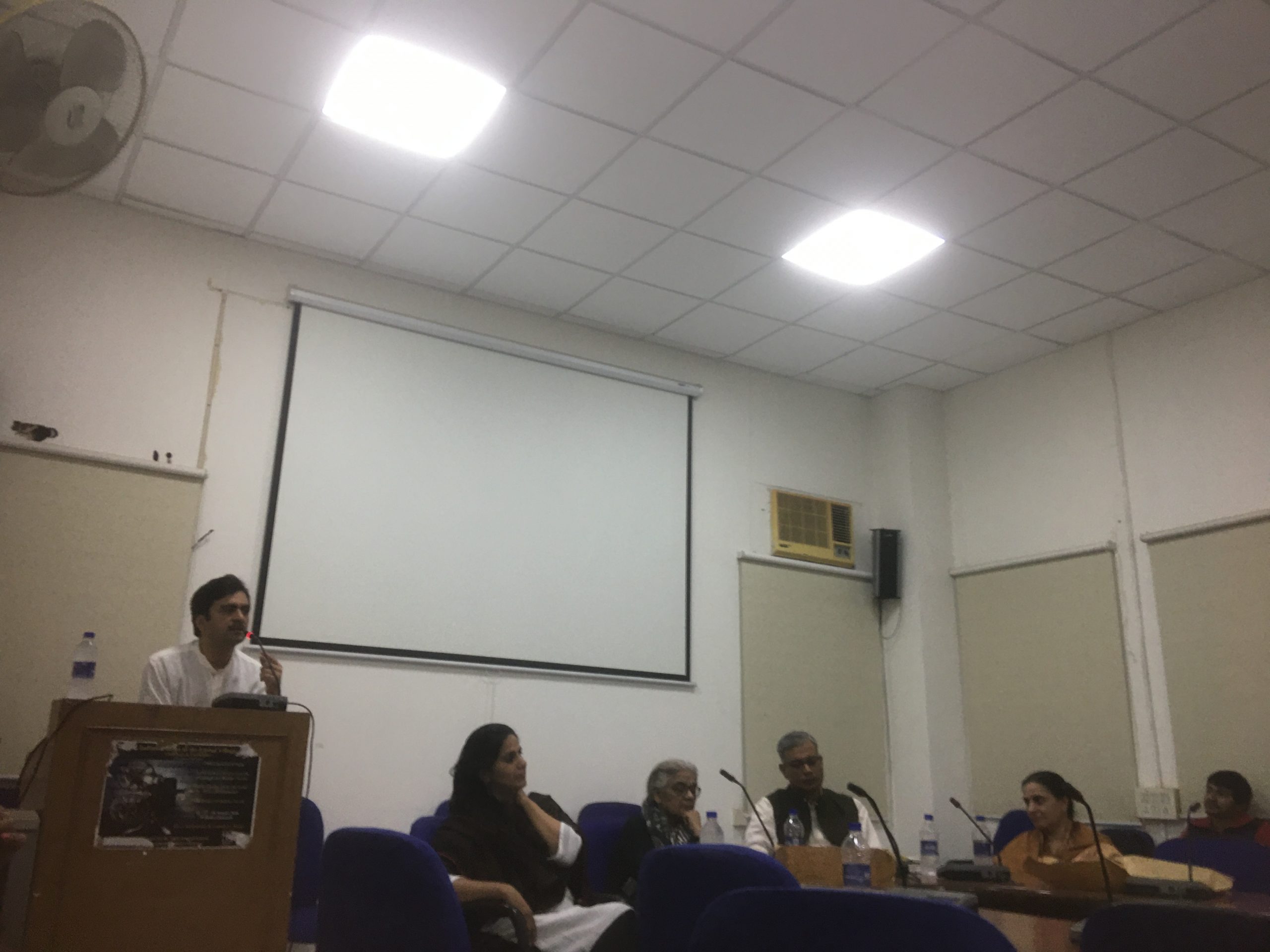
Moreover, This social reality gets only further complex when the very nature of secular ethos becomes the frame for structuring the social content of Intra-subaltern conflicts in India. Why do various social constituencies find it difficult to come together or even express solidarity? Why do subaltern social groups fail to articulate issues beyond their immediate concerns and identities? Introduction of the book, Prolegomenon to a critical theory of secular sectarianism attributed.
As per the book attribution, Secularism is a tenet that is fundamental to Indian democracy and enshrined in the Constitution. Although, its practice has been severely hampered in recent times largely due to the secular sectarianism pursued by secular, democratic and progressive political formations. This implies the tendency of specific secular political movements to act as if their agenda are exclusively important.
It has gradually polarized communities and advanced a woefully limited political imagination, leading to the proliferation of conflicts between various marginalized groups-Dalits, tribals, OBCs, Muslims, women and the Left. The book also contains various accounts of such conflicts, opening up a new area of study for further conceptualization.
Thus, This literature emphasizes that citizenship in practice is expressed through the right to speak for others and not just for oneself. Progress can be made only by opening up dialogues within and across political communities. This is essential for India’s survival as a secular and democratic nation. Progressive politics needs to move towards affinity and an idea of shared spaces.
Consequently, Contemporary political theory offers us a reasonable entry point to negotiate some of the complexities, although it does not present any neat alternatives necessary to fame the question in the Indian context. Some of debate initiated by critical theory can help us in reframing the issues in order to further explore the formulation of secular sectarianism, The book remarked.
Last Updated: 9:51:19 PM IST
ORDER NOW
Author/Writer: Trilok Singh is with CEO here. MA in Political Science, KMC, DU. Currently studies at ISOMES, News 24 Campus.
(Inputs are based on panel discussion during the book launch and “Secular Sectarianism: Limits of Subaltern Politics” by Ajay Gudavarthy.)






